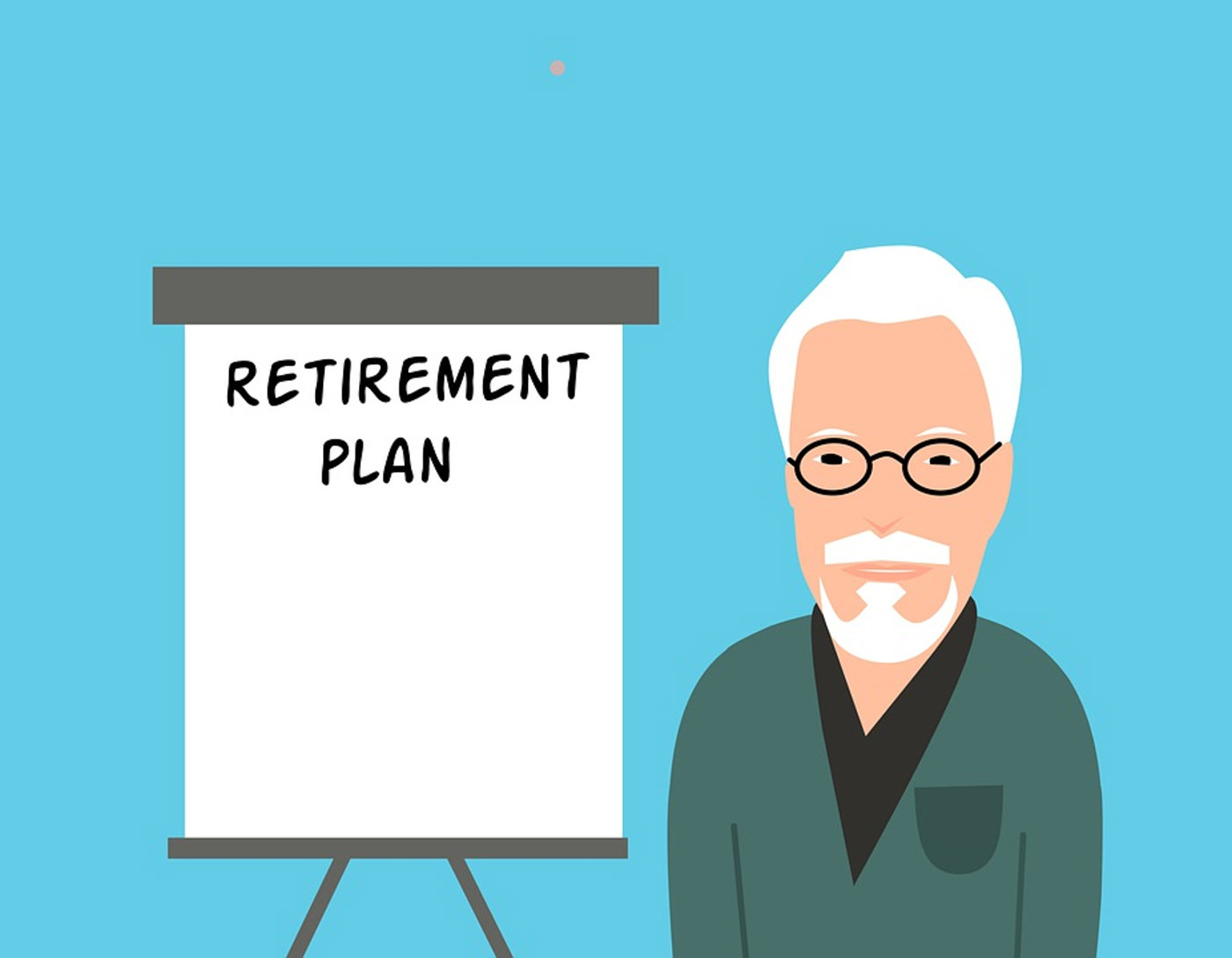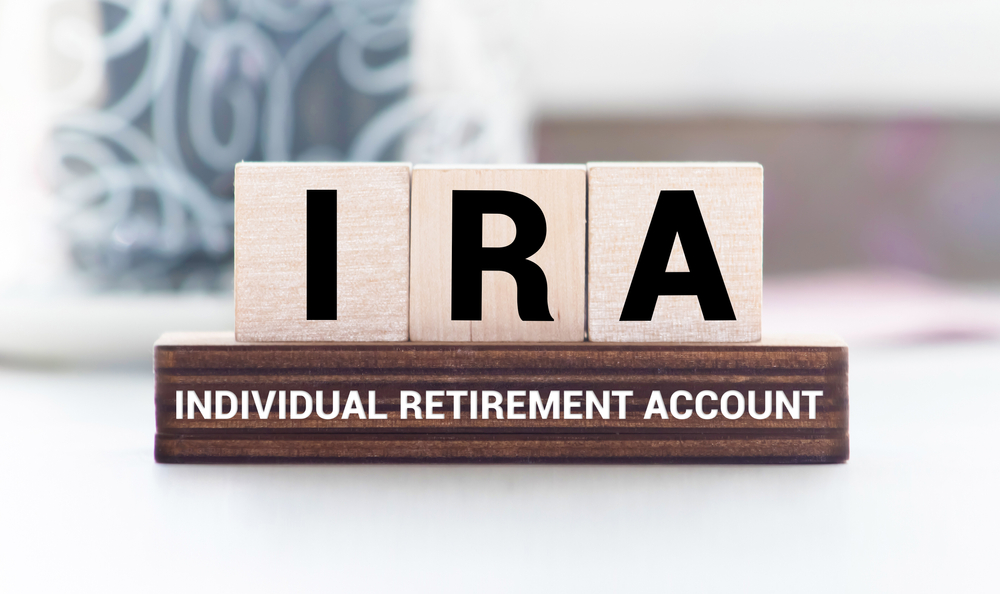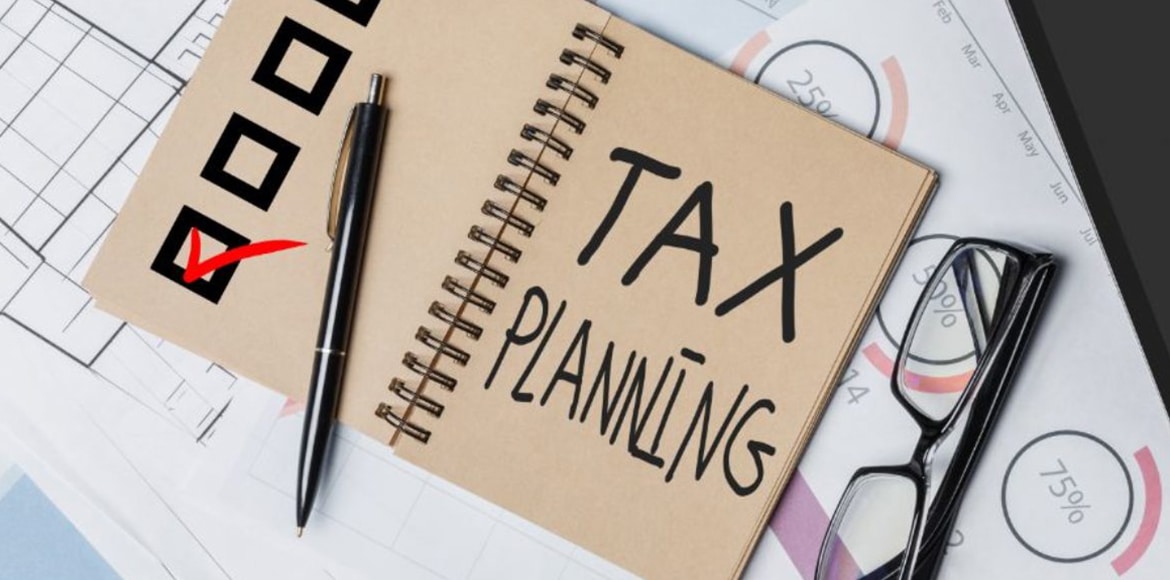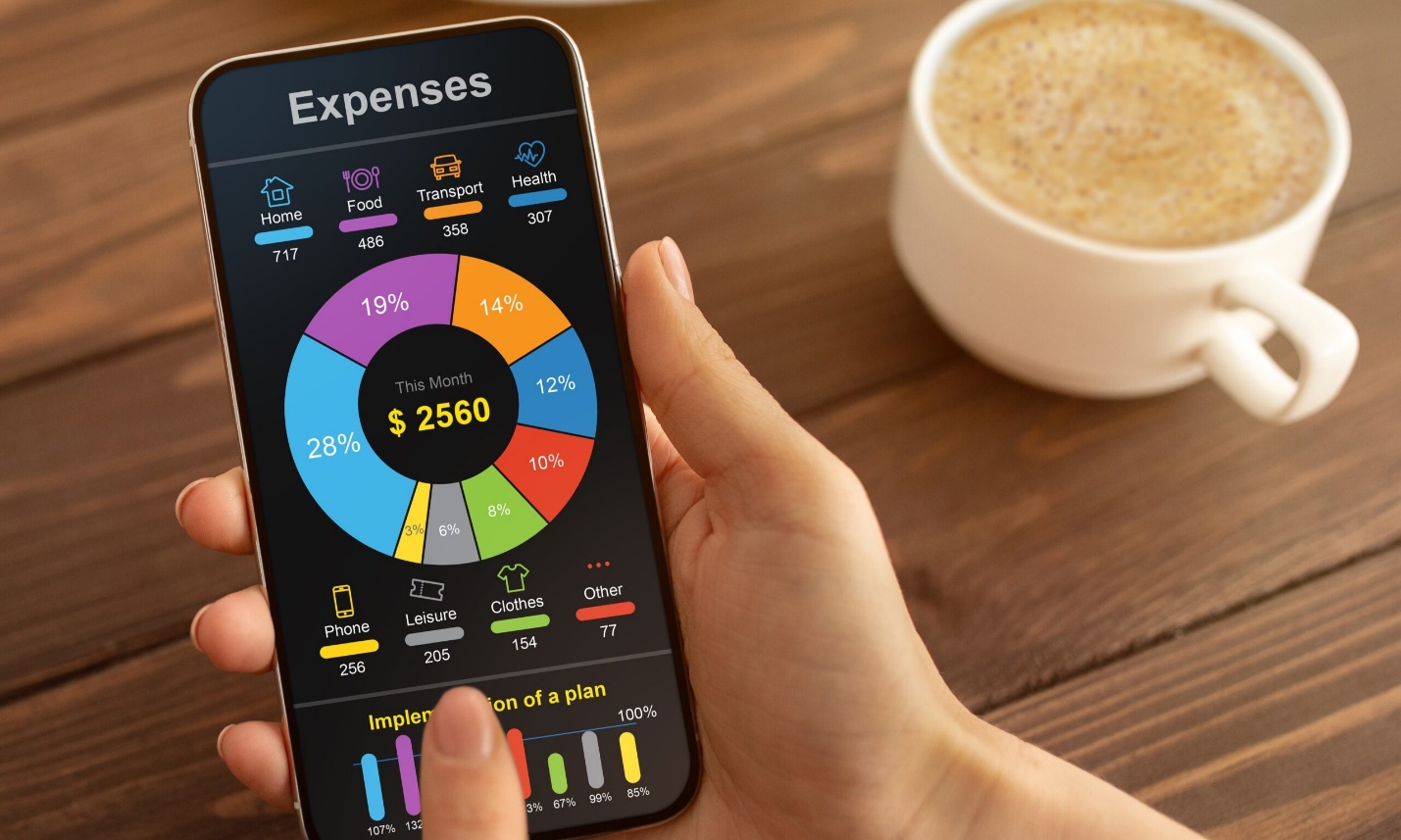Retirement Planning for Self-Employed Individuals

It is difficult to start planning your retirement because of dire straits, especially if you are self-employed and cannot benefit from Group retirement plans. Nevertheless, taking charge of your retirement savings is possible and crucial to ensure you are financially secure one day. Here are some major strategies which may assist you to prepare for your retirement if you are a self-employed person:
1. Start Early and Be Consistent
Of all the things financial experts recommend in retirement planning, starting early is one piece of advice that stands out. The longer one waits to accumulate wealth; the more time money has to work for you through the compounding principle. Small regular accumulations, therefore, make a difference in the long run in terms of overall cost. Retirement saving should be a priority, and one should set an amount of income to save for retirement.
2. Open a Self Employed Retirement Account

Several different retirement accounts are intended just for independents. SEP IRA, Solo 401(k), or SIMPLE IRA is beneficial since it has tax advantages and enables account owners to contribute large earnings. These accounts allow you to contribute towards retirement and simultaneously cut down on the taxes payable; therefore, they are useful in constructing every person’s nest.
3. Set Clear Retirement Goals
Knowing this will greatly help in creating a savings plan that can be useful in one’s retirement. Take time to estimate your post-retirement expenditures, including inflation and future medical expenses. They will also assist you in determining how much you should save each month and when you should revisit this contribution.
4. Diversify Your Investments
Do not invest all your hard-earned money on a single investment towards retirement savings. Professional traders also advised that individuals should spread their bets to decrease risk and gain bigger profits. Include stocks, bonds, and mutual funds, but more secure investments such as CDs or real estate can also be considered. It can be seen that diversification can be used to safeguard one’s retirement wealth against the risks of the market.
5. Automate Your Savings
Concentrating on managing a business, they may easily disregard retirement plans. Savings can also be automated to serve you with little strain. Direct small amounts to your retirement plan every month to eliminate instances of spending money in other areas.
6. Plan for Taxes in Retirement

Since you are self-employed, you must also consider taxes when planning your retirement. Some retirement accounts may delay your taxes until you take the money out; others have no taxes when collecting the money, like Roth IRAs. Combined with how you will be taxed on your savings, this knowledge will assist you in determining the amount you desire to save and how to access those funds in the future.
7. Constantly Check and fine-tune Your plan
Since your income and financial position may vary regularly as a self-employed person, it’s crucial to reconsider your retirement plan. Thinking about your wealth-building plan at least once a year is advisable to reassess your target savings rate, the investments you should make and the necessary contributions. It’s okay to tweak the plan to align with the current retirement objectives or to make changes that reflect your current business status or lifestyle.
Conclusion
Retirement planning for self-employed people seems difficult; thus, it needs discipline and a good planning strategy. That is why you should begin on time, select the correct retirement accounts, and constantly save to get the best result. Always remain adaptive and forward-looking in your approach to gaining a financially secure retirement.
(Writer:Dick)




